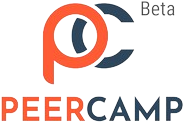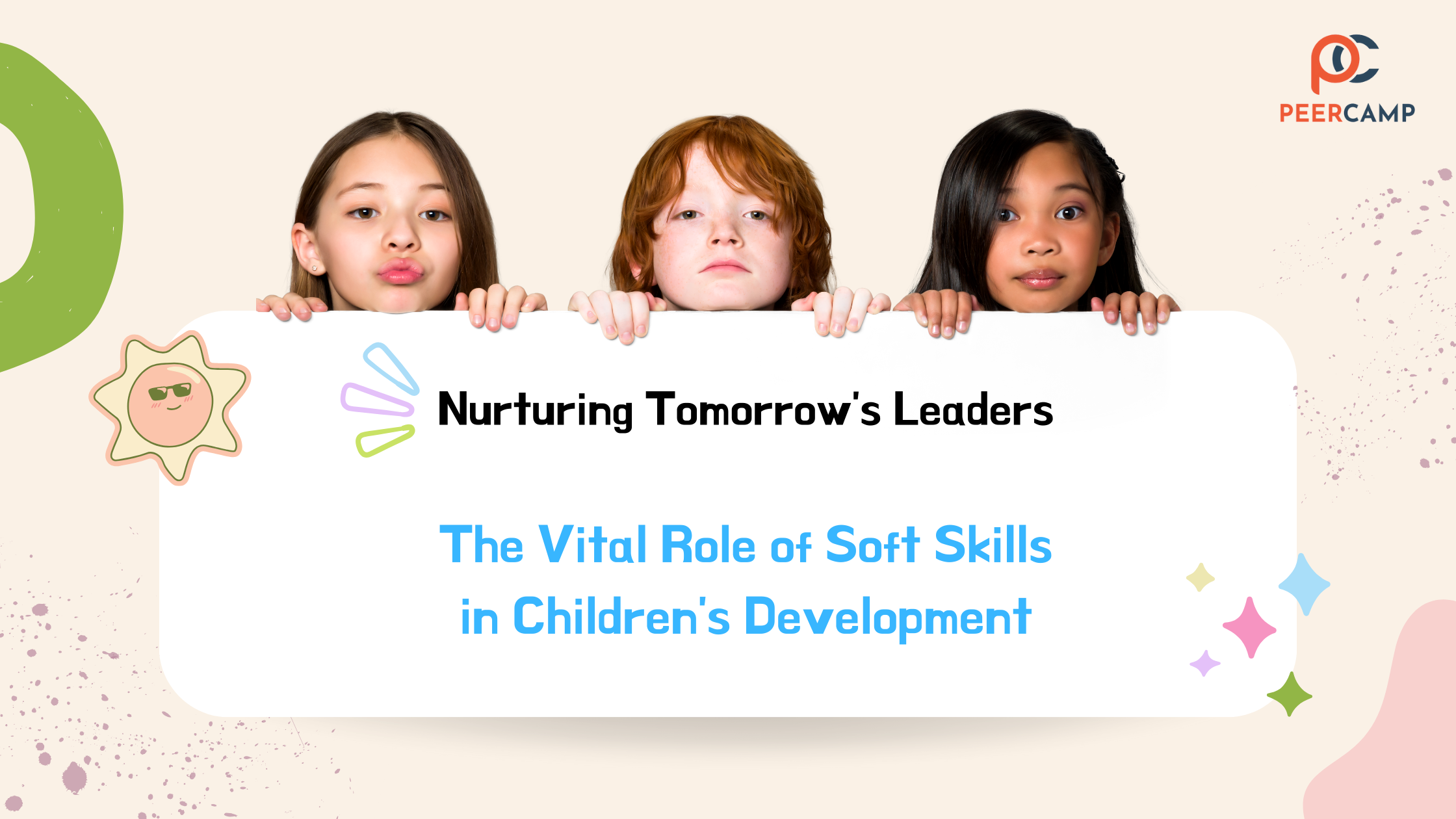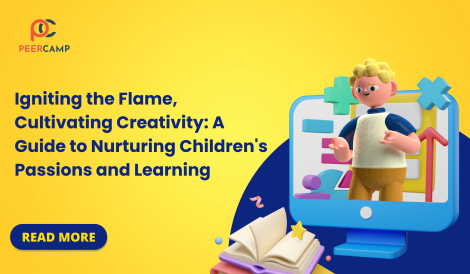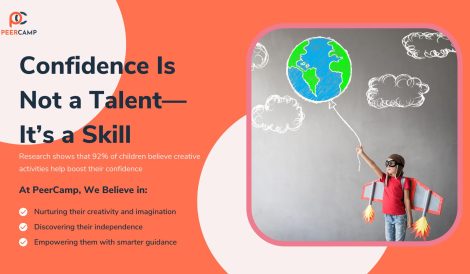In the fast-paced and ever-evolving landscape of education, the focus on children’s development extends far beyond academic achievements. While excelling in traditional subjects is undoubtedly important, cultivating essential soft skills in children is equally crucial for their holistic growth and success in the future. Beyond textbooks and exams lies a vital component—soft skills. This blog explores the imperative of cultivating essential soft skills in children and how innovative school models are actively contributing to their enhancement.
Understanding Soft Skills
This article aims to help parents and educators understand the paramount importance of soft skills in ensuring their children’s success. By shedding light on innovative school models, it offers insights into how these models are effectively reinforcing soft skills and provides guidance on how parents can actively contribute to their children’s soft skills development.
Soft skills encompass a range of non-technical abilities that enable individuals to navigate the complexities of interpersonal relationships, communicate effectively, and adapt to various situations. These skills, often referred to as “people skills” or “emotional intelligence,” go beyond the realms of textbooks and classrooms, playing a pivotal role in shaping well-rounded individuals.
The Changing Landscape
In today’s dynamic world, success is not solely determined by academic grades. Employers and institutions increasingly recognize the significance of soft skills in predicting an individual’s ability to thrive in diverse environments. As technology advances, the demand for skills such as critical thinking, communication, collaboration, and adaptability becomes more pronounced.
Why Soft Skills Matter for Children
Teachers have long recognized the importance of social and behavior skills, viewing cooperation, self-control, and other social skills as critical to achieving academic and behavioral success (Lane, Pierson, & Giver, 2003; Lane, Wehby, & Cole, 2006). Still, others have argued that students’ lack of social skills affected their ability to acquire proper academic skills that would allow them to experience a successful educational experience during their years of matriculation in grade K-12.
Career Readiness:
- Soft skills are essential for future professional success. Whether it’s collaborating on a team project, presenting ideas, or solving real-world problems, these skills form the foundation of a child’s employability.
Effective Communication:
- The ability to express thoughts clearly and listen actively is fundamental. Strong communication skills foster positive relationships, enhance teamwork, and contribute to a child’s confidence in expressing themselves.
Problem-Solving and Critical Thinking:
- Soft skills empower children to think critically, analyze situations, and find innovative solutions. These skills are invaluable in navigating life’s challenges and making informed decisions.
Adaptability:
- In a world characterized by rapid change, adaptability is a key trait. Cultivating this skill in children helps them embrace change positively, fostering resilience and a willingness to learn from new experiences.
Empathy and Collaboration:
- Building empathy and collaborative spirit early on nurtures positive social interactions. Children equipped with these skills develop a deeper understanding of others, contributing to a harmonious and inclusive society.
Fostering Soft Skills in Children
Encourage Extracurricular Activities:
- Participation in sports, arts, and other extracurricular activities helps children develop teamwork, leadership, and time-management skills.
Promote Peer Interaction:
- Providing opportunities for group projects and collaborative learning encourages children to work together, share ideas, and appreciate diverse perspectives.
Model Positive Behavior:
- Children learn by example. Demonstrate effective communication, problem-solving, and empathy in your interactions, serving as a positive role model.
Incorporate Soft Skills in Education:
- Integrate soft skills development into the curriculum, ensuring that children have the chance to practice and refine these skills alongside traditional academic subjects.
PeerCamp: Empowering Soft Skill Development
The blog concludes by emphasizing PeerCamp’s contribution to soft skill development. Through learner-led approaches, PeerCamp fosters ownership of learning, transforming educational systems with a focus on social-emotional skill building. PeerCamp’s convenient online classes, courses offer a unique platform for kids to engage with like-minded peers and build confidence through various subjects.
In Closing: A Holistic Approach to Success
While academic achievements open doors, soft skills are the keys to success in unlocking the full potential of our children. By prioritizing the cultivation of these essential skills, we contribute to shaping well-rounded individuals who are not only academically proficient but also equipped to navigate the challenges and opportunities of the future with confidence and grace. The bottom line for parents and educators is clear—academics are just one piece of the puzzle. Developing EQ, empathy, independence, collaboration, self-direction, and self-awareness in children is pivotal for their future success. As we navigate this ever-changing educational landscape, it’s essential to prioritize a holistic approach that nurtures both academic and soft skill excellence.




